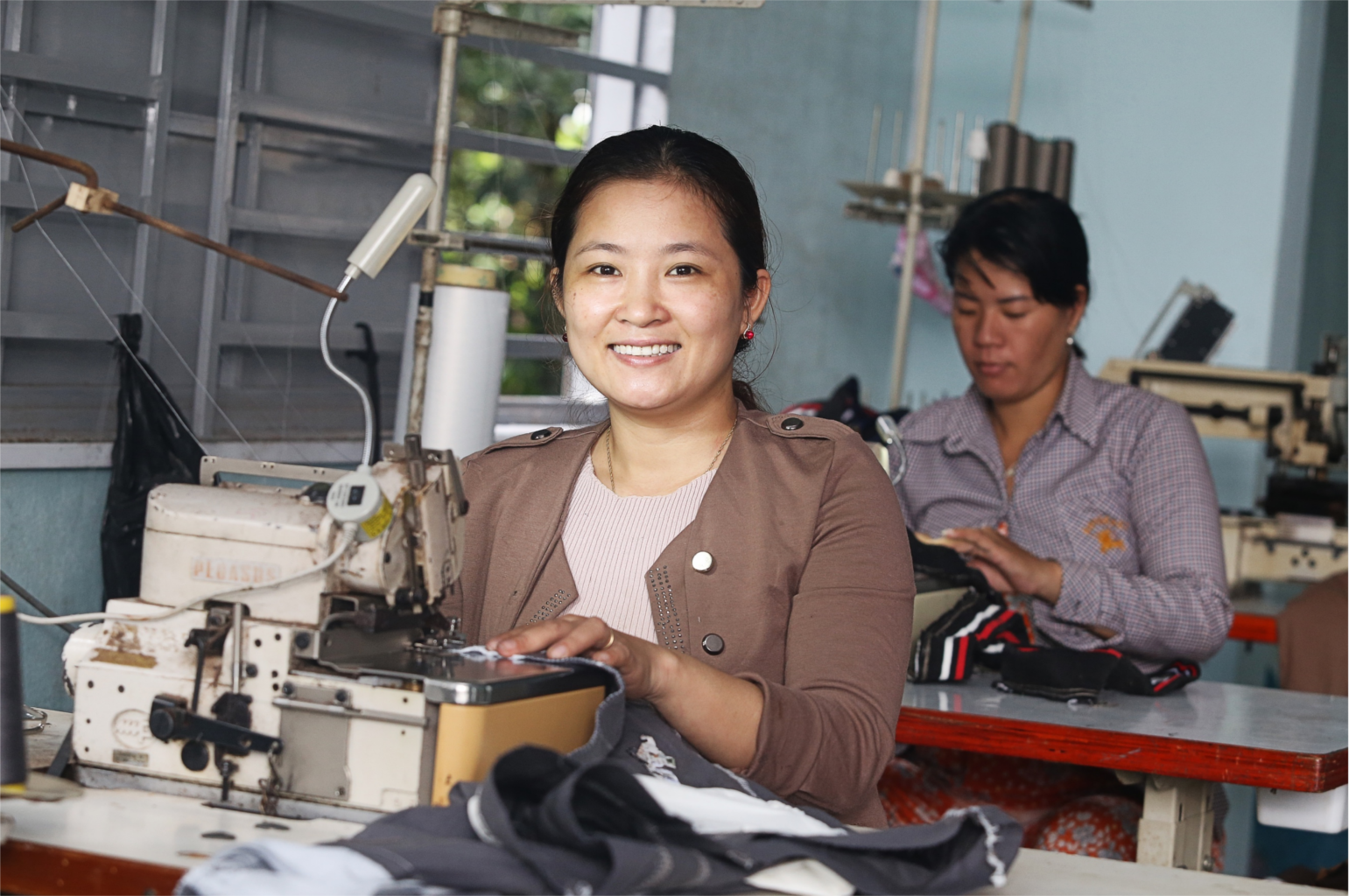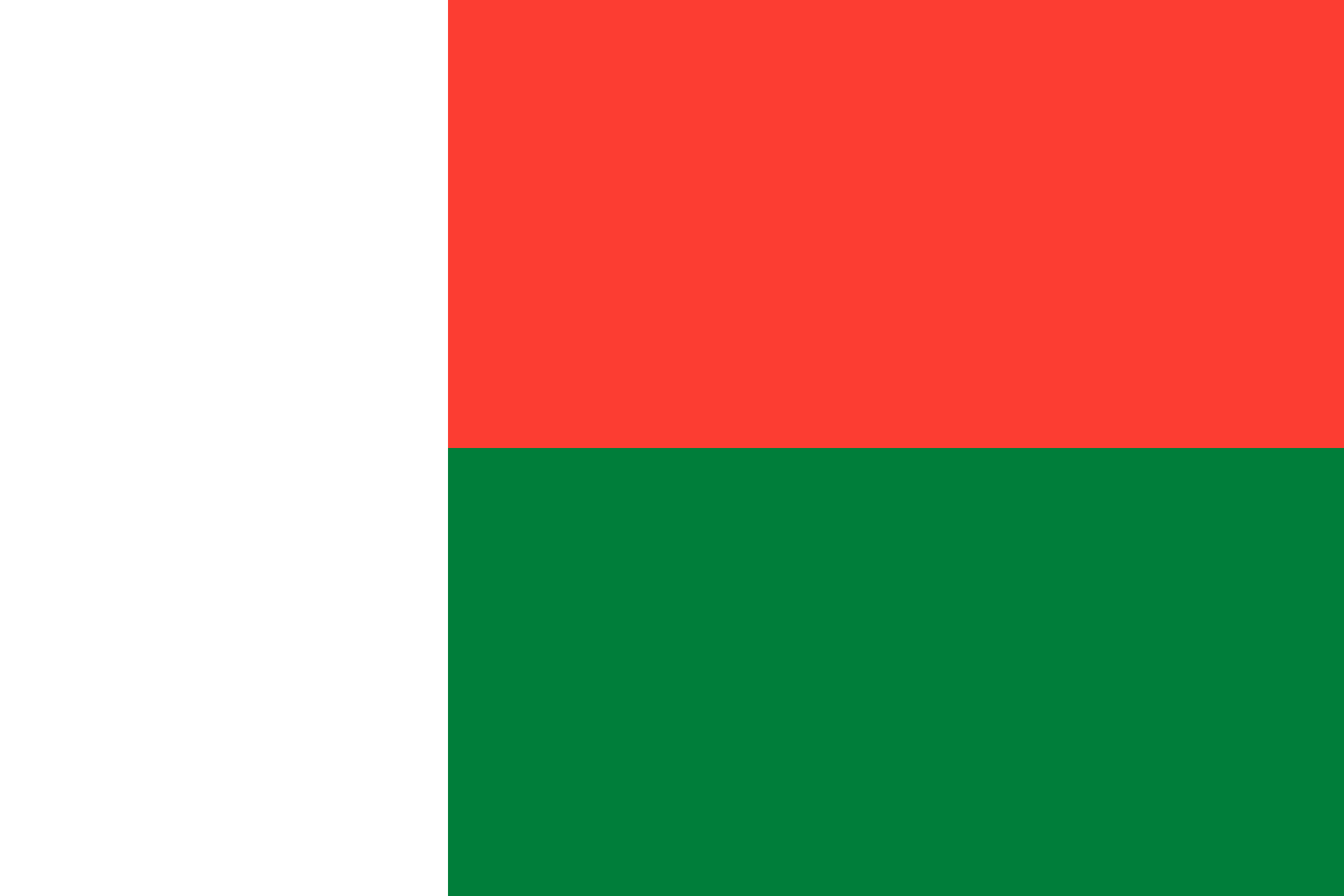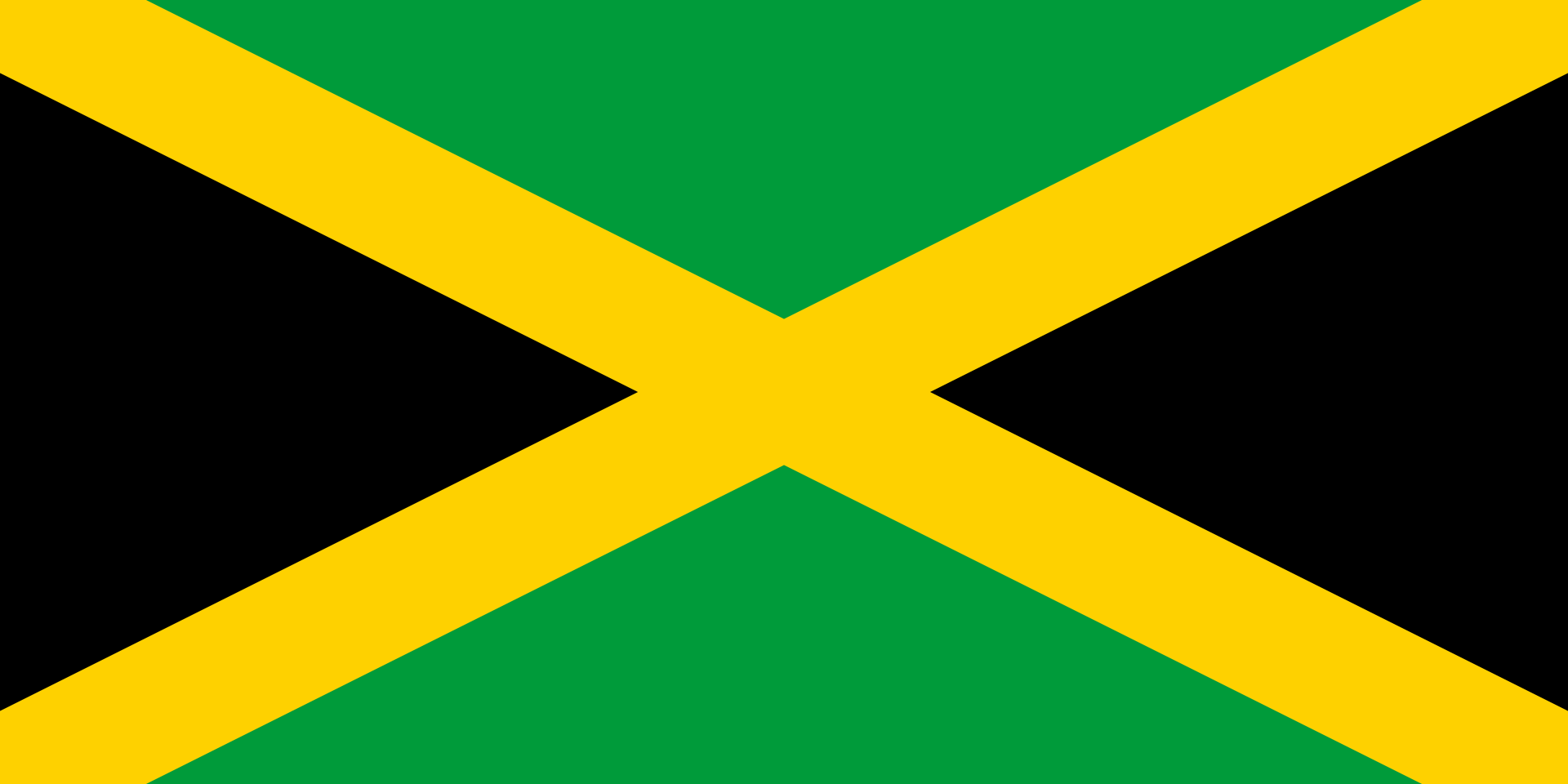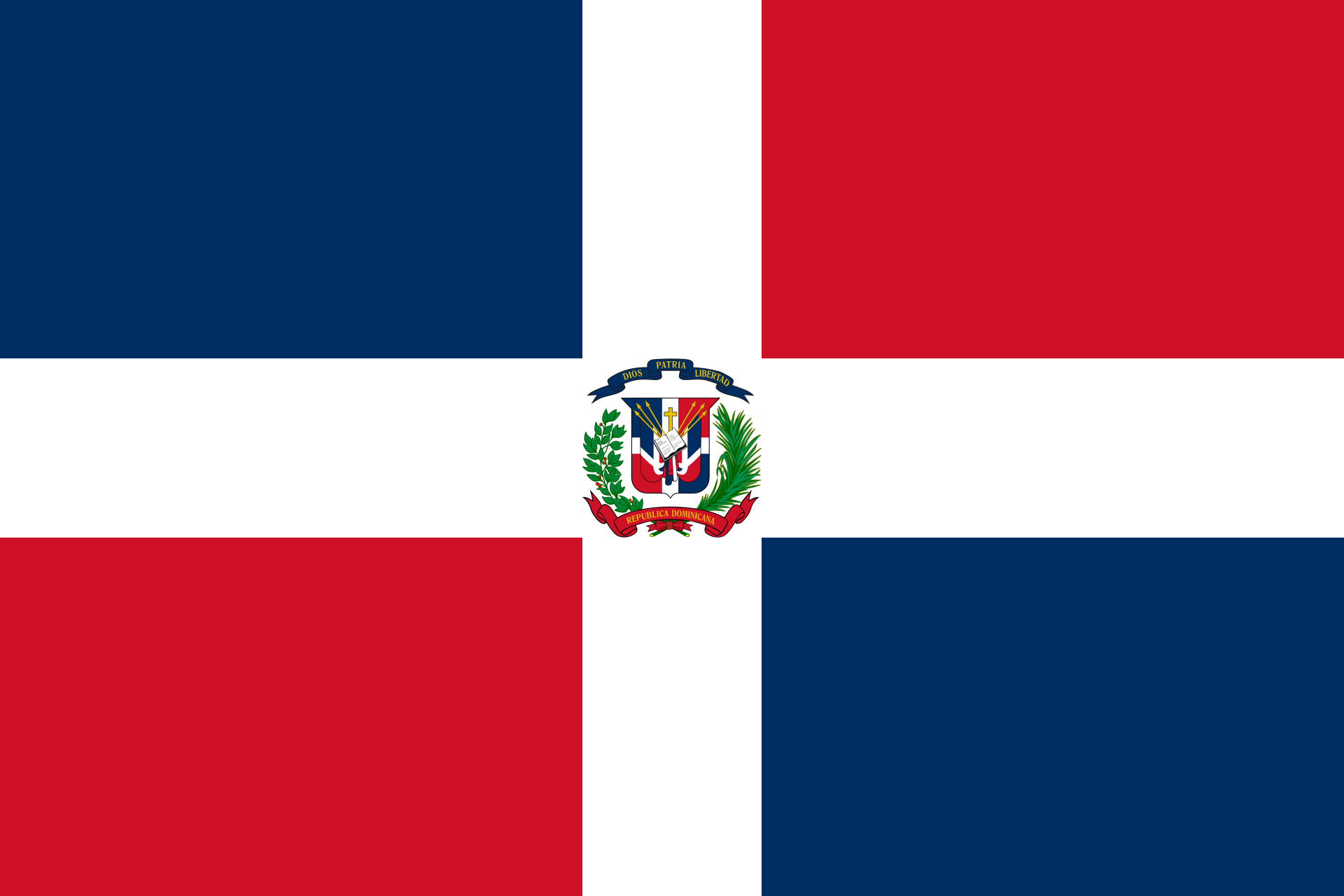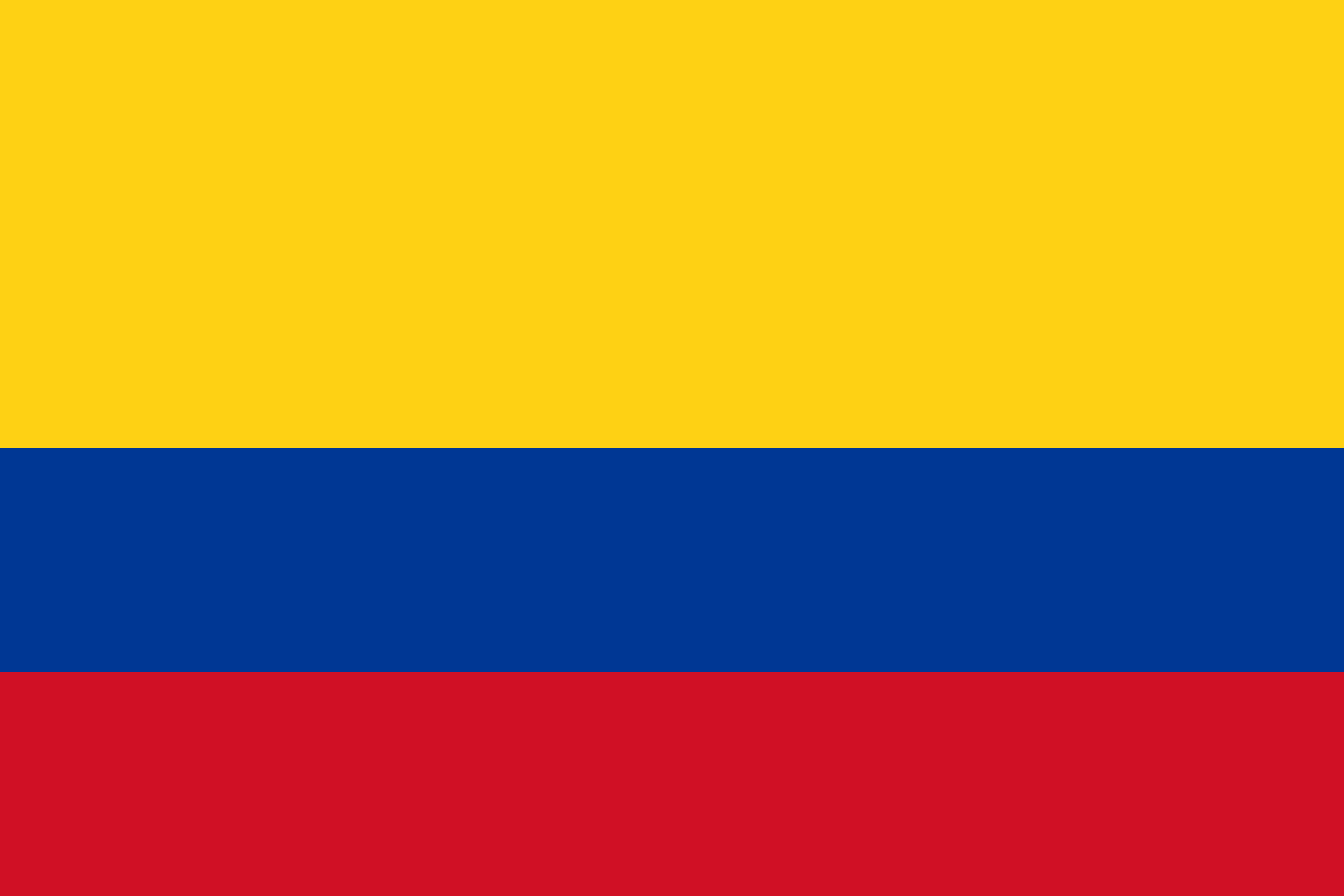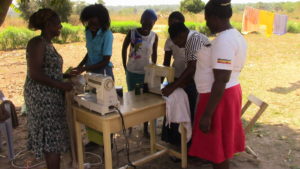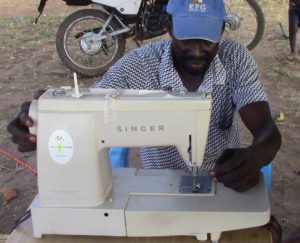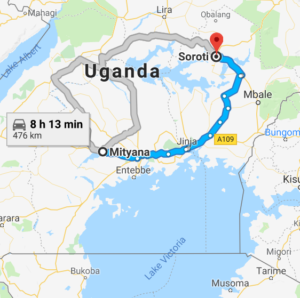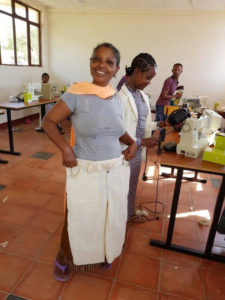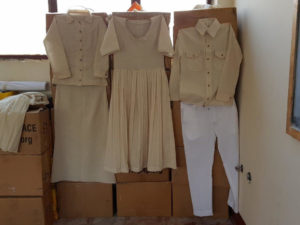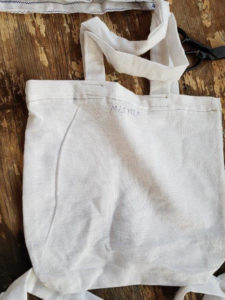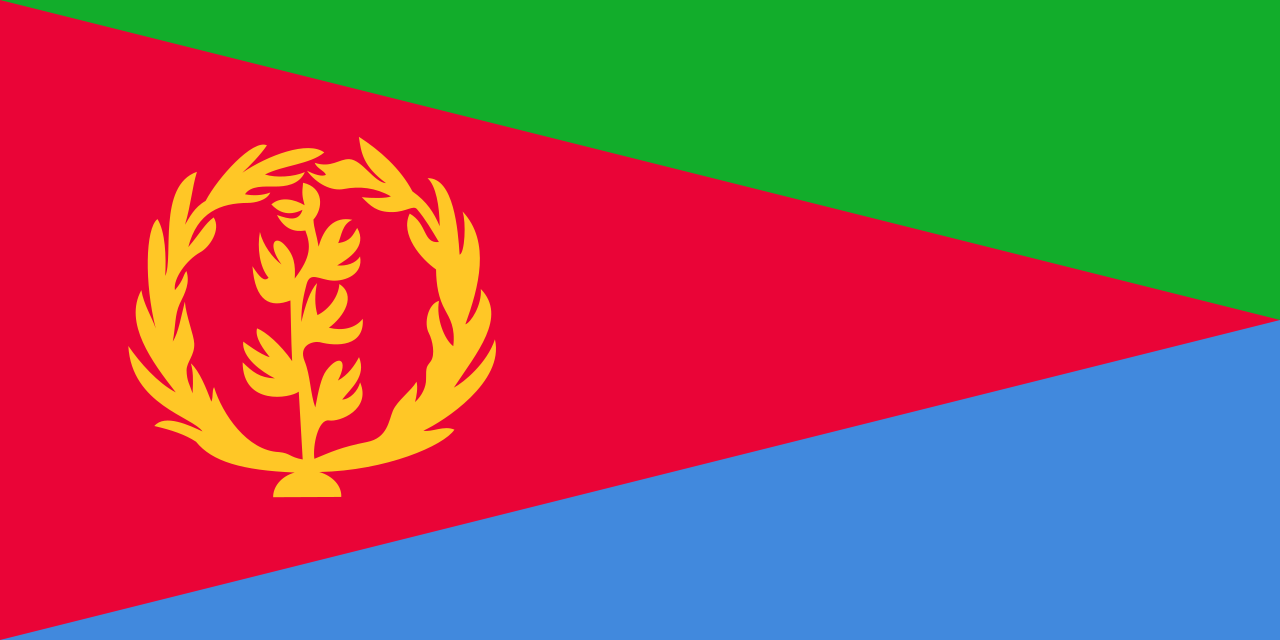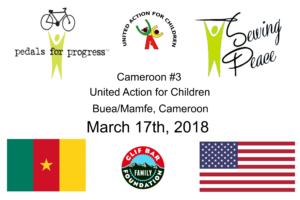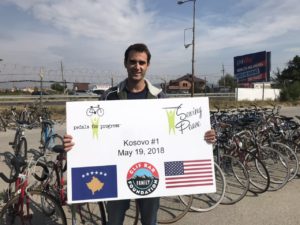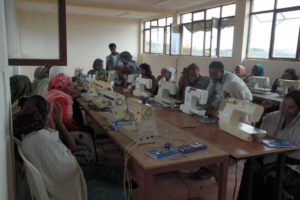By Scott Shreve
Spring 2019 Newsletter
So, you’ve been thinking about a project you could do to help someone across the world have a better life. In searching the internet, you come across the Pedals for Progress site and think, hmmm, maybe the youth group in your community would want to collect old bicycles and send them to others to help with getting them to a job or healthcare. This is exactly how my wife and I came to know Pedals for Progress some 13 years ago. A lot has changed since then. Our church youth group has collected more than 800 bikes and over $10,000 to support sending bikes overseas. There’s been a spin-off program known as Earn a Bike established in our community to give guys in the Rescue Mission, post-prison program, and substance use programs an opportunity to use some volunteer time to get a bike of their own. More recently, my wife and I traveled to Guatemala as we wanted to see first-hand what it’s like when the bikes and sewing machines “land” in another country, how they get used. Along the way we learned a lot about kinship, building communities, and gratitude.
There are a lot of do-gooders in the world, in all shapes and sizes. Some help for a day, others go on to make giving a part of their entire life. When you start a project, like a bicycle collection for your community, you will quickly realize there will be a mixture of excitement in your group, along with others who may be there more out of curiosity than anything else. Some will likely be there to remind you of why this initiative will not work. Have faith. All these people have a role in the success of your collection, whether their contribution is adding to the fun and energy of a new project or perhaps tempering the enthusiasm with the reality of where to store the bicycles and how to prepare for the scraped knuckles along the way. Welcome all to the project, make sure you include a healthy dose of fun along the way and say thank you to your group and contributors many times.
One sunny morning, as our bicycle collection was coming to a close, some people walking by our church stopped to ask if they could get a bike? We proudly shared with them that our youth group was collecting bicycles to be sent overseas for people needing transportation. The passersby shared that they too needed transportation, could we help them? “No, sorry, these bikes are to go overseas.” Having to share these disheartening words with our church neighbors didn’t set well with us. All kinds of thoughts were going through my mind. Somewhat thankfully, I got called away from this conversation when a youth group member called for help in getting the pedals off a bicycle. I helped with the pedal removal but the question about how to serve those in need of bicycles more locally remained.
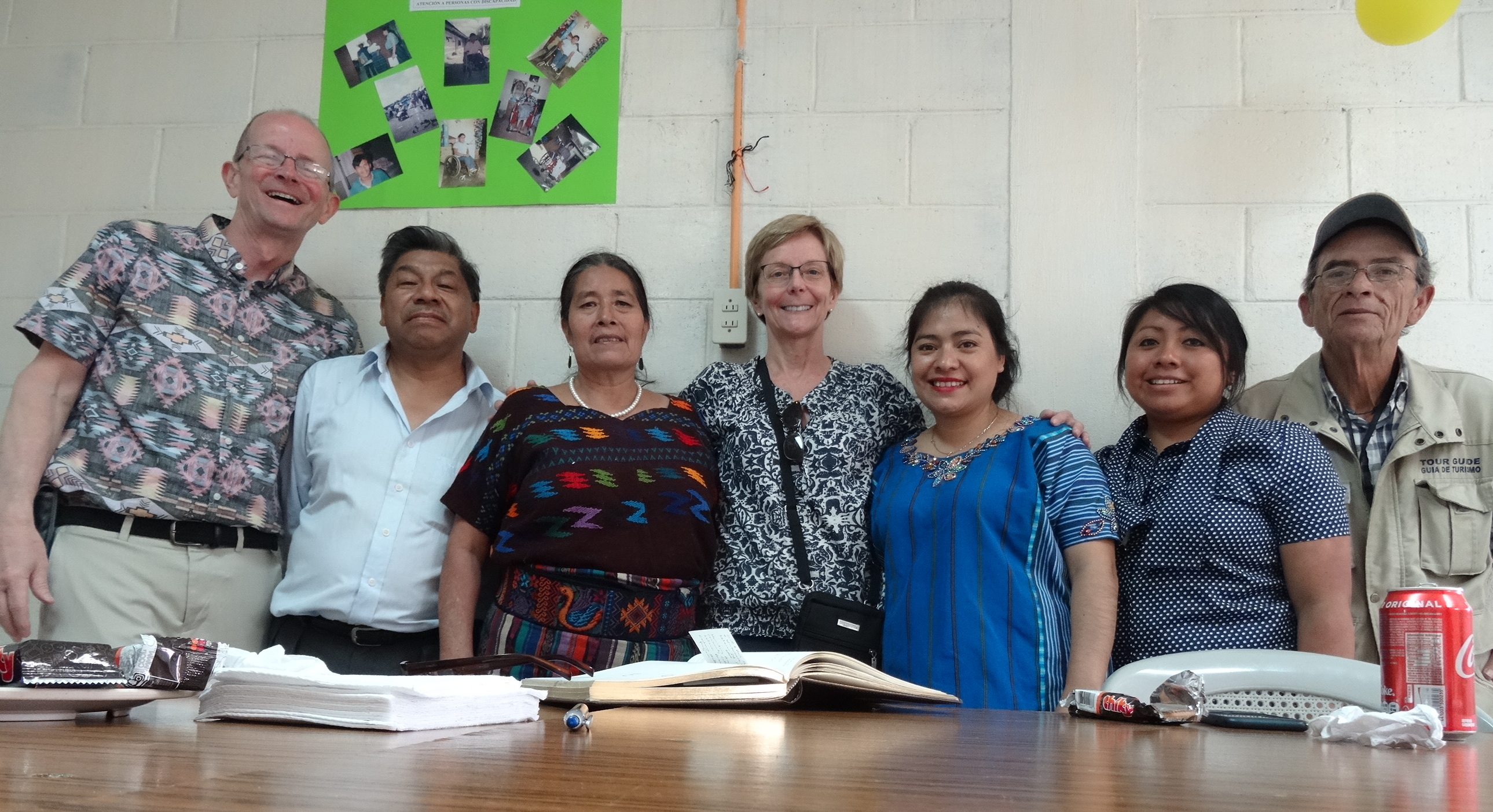
The community of bicyclists has been described as being made of tribes. These tribes are made up of mountain bikers, road bikers, those who tour, messengers (in a class all of their own), commuters, and others. The intersection of these different tribes comes at bicycle repair shops, bike clubs, and perhaps coffee shops. Bicycle clubs put their activities on their websites where you’ll find a combination of races, rides, socials and advocacy events. On one of these websites I heard about a Recycle Bicycle program that operated in a nearby city. I volunteered there and was amazed at how many bicycles they gave out, how they connected with their community, helping guys in halfway houses, getting kids a working bike and helmet, and being a beacon for sharing in the fun of fixing up and riding a bike.
Hmmm … perhaps we could establish a similar program in our city. The head of Recycle Bicycle of Harrisburg jumped at the idea of expanding a similar program in our city and after getting enthusiastic approval to operate as part of the Lebanon Valley Bicycle Coalition, we held an Earn a Bike session in the parking lot of a local Rescue Mission. It was a delight to see the smiles on the guys’ faces as they fixed up bikes and realized their new found freedom to explore the area in ways that walking wouldn’t allow. Then a local businessman (Willie Erb) offered warehouse space for our Earn a Bike program and we’ve been up and running on the 4th Saturday monthly for the past 5 years. This Earn a Bike program works closely with the Lebanon Rescue Mission, the Jubilee post-prison, and VA substance use programs. This upcoming year, we’ll be reaching out to support students at the local community college as many of these students are at or below the poverty level and a bicycle can make getting to class or a part-time job a lot easier. All of these activities led my wife and me to want to visit Guatemala and see how others use bicycles to support their community.
After a dozen years of working with a youth group collecting bicycles for P4P, we wondered what is it really like to be on the receiving end of a shipment of bicycles. Is there a crowd of people waiting as a cargo container arrives at the village? What type of bicycles are most valued? How do they put the diversity of bikes to use? Are the smiles on the bicycle recipients as wide as those we were seeing with our Earn a Bike program? With guidance from Dave Schweidenback, we chose to visit Guatemala. It gave us pause to see that the U.S. State Department had warnings online for tourists about increasing violence in parts of Guatemala but we found some solace that the Guatemalan program had been working with P4P for many years.
For us, Guatemala was a blend of beauty, poverty, and guns. We landed in Guatemala City and barely traveled a few blocks in a taxi before we saw firsthand the pervasiveness of guns. While we were stopped at a traffic light, a pickup truck pulled up next to us with six guys in the back of the truck. Each of the guys had a rifle over his shoulder. When we got to our hotel, we realized all of the stores downtown had armed guards. I’d never seen a McDonalds with an armed guard before. Who would have thought the fries could be that good?
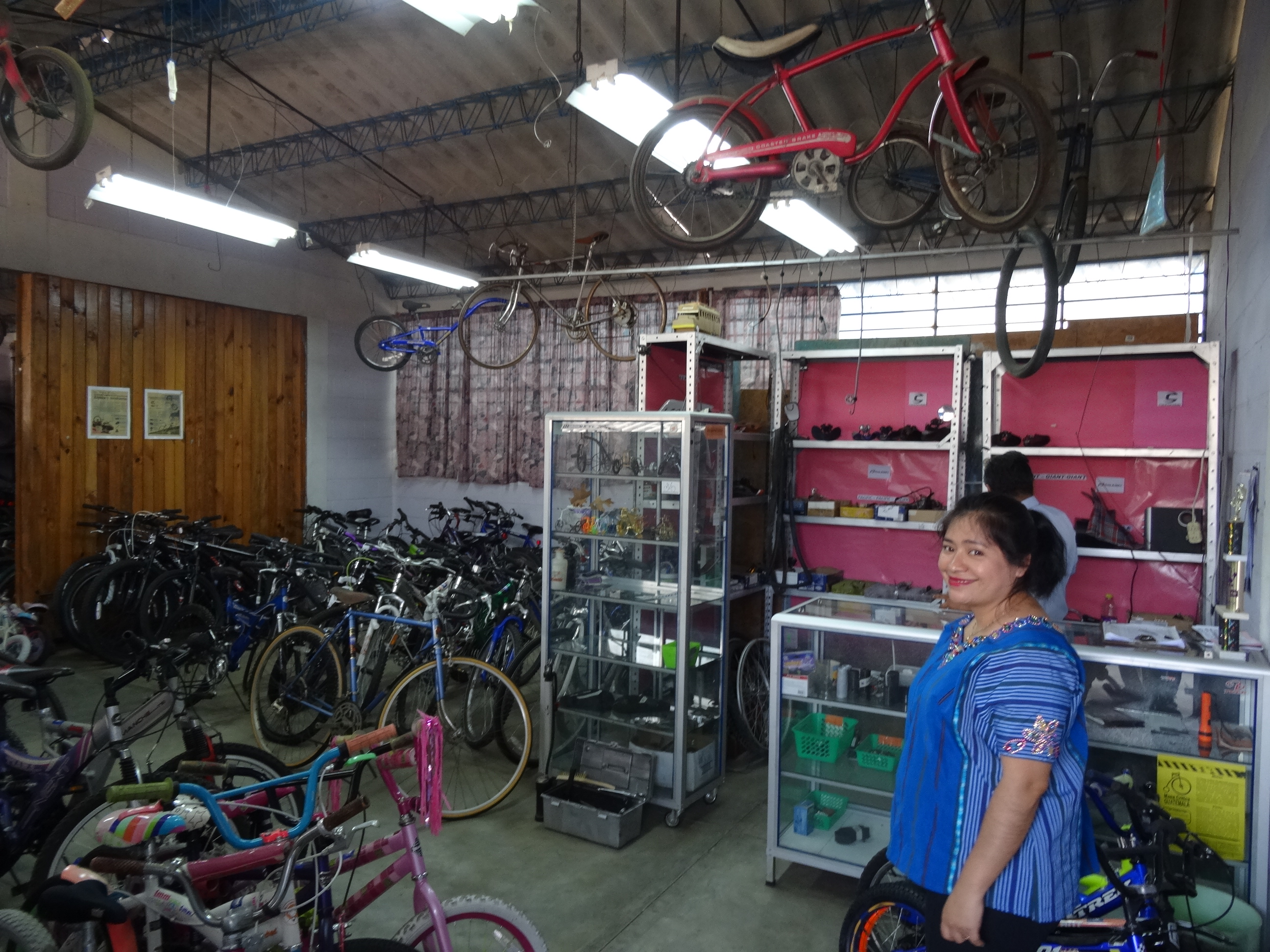 Our experience in the villages outside Guatemala City was much different. We were welcomed by just about everyone we met and did not see any guns. Our driver, Hugo, became a fast friend and took us to our destination, San Andrés Itzapa. Hugo had spent time in the states but delightfully shared the beauty of his home country, including the historical charm of Antigua and sites along our meandering path to San Andrés Itzapa. As we entered the village, we stopped to tour a convent. I had met some medical missionaries along the way and they graciously offered to show us their setup in the convent, where for one week, they serve the local community in any way they can. Interestingly, the convent happened to be “just across the street” from the dirt road we needed to take to get to the P4P bicycle program known here as FIDESMA. Thankfully our driver had a strong faith as we drove down a long and ever narrowing dirt road to finally come to FIDESMA. In this desolate village outpost we quickly learned about kinship.
Our experience in the villages outside Guatemala City was much different. We were welcomed by just about everyone we met and did not see any guns. Our driver, Hugo, became a fast friend and took us to our destination, San Andrés Itzapa. Hugo had spent time in the states but delightfully shared the beauty of his home country, including the historical charm of Antigua and sites along our meandering path to San Andrés Itzapa. As we entered the village, we stopped to tour a convent. I had met some medical missionaries along the way and they graciously offered to show us their setup in the convent, where for one week, they serve the local community in any way they can. Interestingly, the convent happened to be “just across the street” from the dirt road we needed to take to get to the P4P bicycle program known here as FIDESMA. Thankfully our driver had a strong faith as we drove down a long and ever narrowing dirt road to finally come to FIDESMA. In this desolate village outpost we quickly learned about kinship.
In this hilly corner of a village, a handful of caring souls have made it their mission to empower others. Decades ago they received a shipment of bicycles and set up shop, fixing up and sharing these bicycles with others. The shop was clean, spacious and filled with a wide assortment of well-maintained bicycles. I have to admit, I was a bit envious as our Earn a Bike shop wasn’t as nice as theirs. Remember though, only the first container of P4P bicycles is shipped without charge to the partner, so the Guatemalan shop has been sustained by selling and repairing bikes to meet their customers’ needs since their first shipment in 1999. Bicycles are only one part of FIDESMA. The next room was a classroom set up with sewing machines used to teach sewing skills, perhaps a skill more readily converted to Qs (quetzals, the Guatemalan currency) than having a bicycle. But wait, there’s more. The next room over had a large workshop for teaching welding. I was beginning to think we had stumbled onto a homemade vocational–technical school, which it was in many ways. Aside from the empowerment of learning these trades or getting a bike, customers could also get much needed dental care in a room at the end of the building. In a country devastated with gang violence and poverty, we saw first-hand how Margarita, Arnulfo, Isabel, and others were able to create a sustainable program to care for others with a “hand up”, not just a “handout”.
We were honored to sit down with the crew from FIDESMA for snacks and a soda. I can’t put into words how kind and generous they were to us in sharing their program. We told them how our visit made it all the more rewarding for us in collecting the bikes that end up in Guatemala and elsewhere. The conversation at the table drifted in all sorts of directions including a desire by my wife and me to help Guatemalans in the midst of so much turmoil. It just so happens that there is a young woman in their village who is looking to go to community college and we have a spare bedroom in our home to support an exchange student. Perhaps through connections like P4P, Sewing Peace, and exchange students, we can do our small part to build kinship across the borders that separate us.
